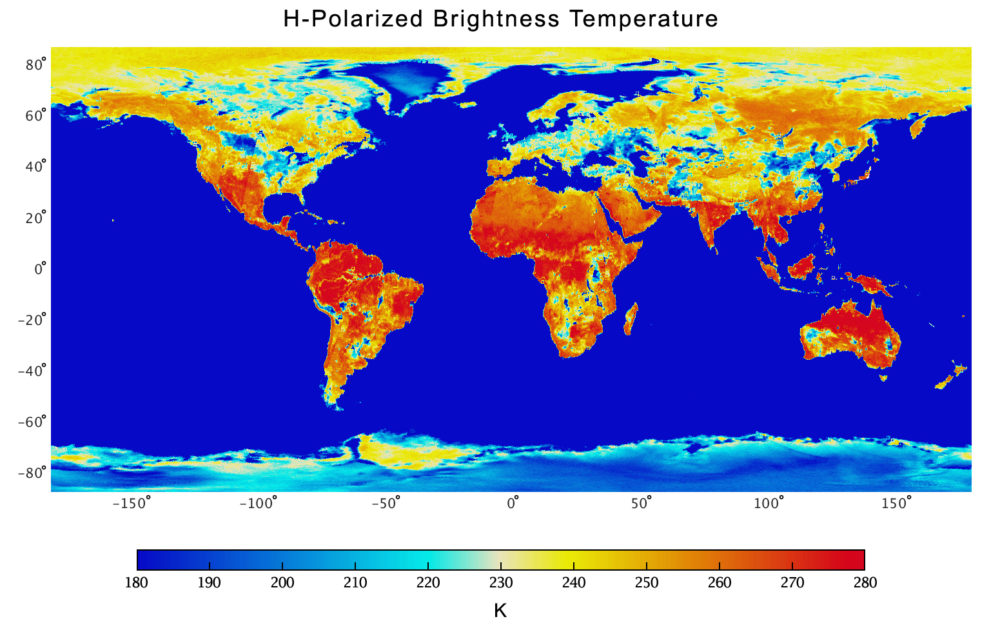We are a unique company that works with a
worldwide network of agronomists and scientists.
We closely work with our clients to develop solutions that help agricultural producers maximize opportunities and reduce production costs and risks while increasing the sustainability of their operations.
At SmartAgro we design innovative cropping systems, regenerate soils, and make crop
and livestock production more resilient against climate change and market fluctuation.
When implemented on a large scale this technology can reverse global warming.
We increase resources in the soil instead of extracting them.
SMART Technology offers a safe and 100% organic supply chain from start to finish for
• crop and livestock production,
• food processing,
• food preservation.
SMART Technology produces higher quality at lower cost.
SmartAgro’s goal is to increase environmental health and ultimately human health by supporting agribusinesses in producing nutritious food in a sustainable way.

Bananas and Desmodium ovalifolium
Vision
We are at the most critical moment in the history of our human species, as changes to the climate threaten the functionality of Earth’s ecosystem and with it humanity’s security. But there exists a technology for massive planetary geo-engineering that is tried and tested and available for widespread dissemination immediately. It costs little and is adaptable to local contexts the world over. It can be rolled out tomorrow providing multiple benefits beyond climate change adaption and mitigation. A real win-win for all stakeholders involved: food producers, consumers and the planet as a whole.
The solution is farming in a regenerative way by increasing soil fertility through practices of no-till, integration of cover crops, crop rotation and rotational grazing, which could sequester more than 100% of current annual CO2 emissions.[1]
In late 2017 news made the headlines that currently there was as much carbon in the Earth’s atmosphere as 800,000 years ago[2], some scientists even go back as far as 15 million years ago.[3]
In 2018 the world’s leading climate scientists have warned there is only 12 years to be kept to a maximum of 1.5C and avoid catastrophic environmental breakdown. The authors of the landmark report by the UN Intergovernmental Panel on Climate Change (IPCC) said urgent and unprecedented changes are needed to reach the target.[4]
But even when we consider the full range of challenges we collectively face beyond climate change, it becomes clear that agricultural practices are the key to each one of them: from the pressures of population growth, urbanization, migration, and conflict due to food, energy, and water insecurity; in all its dimensions, human security is increasingly fragile and in many parts of the world land degradation and climate change are now recognized as contributing factors to a sense of growing instability. [5]
A third of the planet’s land is severely degraded and fertile soils are being lost at the rate of 24bn tons a year, according to a recent United Nations-backed study.[6]
The loss of the world’s fertile soil and biodiversity, along with the near total loss (94%) of indigenous seeds and knowledge [7], pose a mortal threat to our future survival. According to soil scientists, at current rates of soil destruction (i.e. de-carbonization, erosion, desertification, chemical pollution), within 30 years we will not only suffer serious damage to public health due to degraded food with diminished nutrition and loss of important trace minerals, but we will literally no longer have enough arable topsoil to feed ourselves.
While agricultural mismanagement lies at the heart of our current social, economic and ecological problems a rethinking and redesign of agricultural practices holds the potential to be the driving force for reversing global warming and regenerating the planet.
Without protecting and regenerating the soil, it will be impossible to feed the world, keep global warming below 1,5 degrees Celsius, or halt the loss of biodiversity.

——————————-